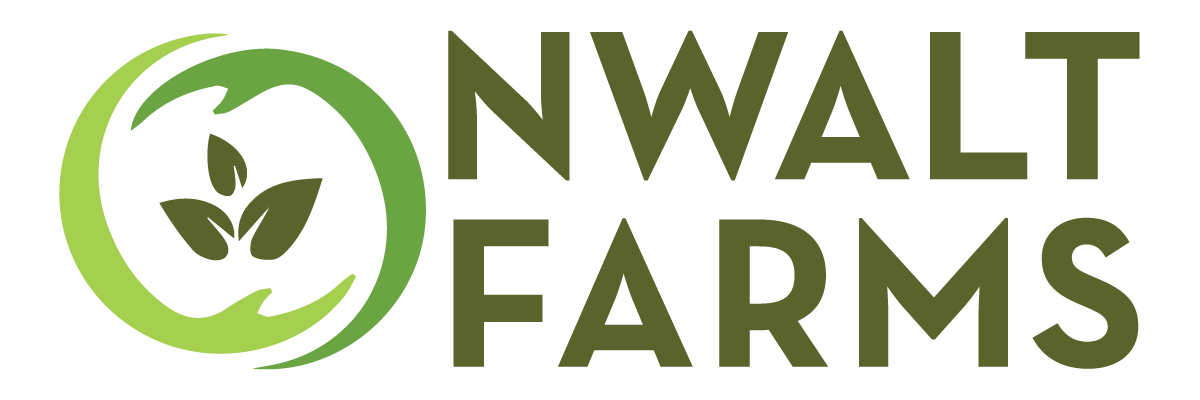NWA Farm-Link is a free service provided by the Northwest Arkansas Land Trust that connects farmers looking to
lease or purchase land with landowners interested in leasing or selling land. The process of leasing land to farm
seekers through NWA Farm-Link is outlined below. There are a few farms for lease, and a few farmers seeking leases on farmland posted to the site currently.
The Northwest Arkansas Land Trust (NWALT) is a nonprofit conservation organization that manages NWA Farm-Link
as part of the NWA Food Systems Initiative to strengthen our local food system. We prioritize connecting farm
seekers looking to grow fruits and/or vegetables with land suitable for these types of crops. NWALT helps both farm
seekers and landowners develop profiles for the NWA Farm-Link website where they can connect with each other.
NWALT also facilitates relationships between farm seekers and landowners and help landowners screen potential
farm seeker candidates to find the “right” match. NWALT further assists landowners with resources for land leases,
as well as recommendations for attorneys with experience in agricultural land leases.
Land leases for farming are highly customizable based on the needs and requirements of both the tenant and the
landowner. Acreage amounts may vary from less than an acre or more. NWALT recommends having a lease in
writing. Here are some suggestions when considering a land lease.
• Minimum three-year term
• Lessee pays utilities
• Can include requirements for land management (including mowing or brush hogging) and farming practices
• Landowner provides access to utilities including water
• Lessee has right to secure area under lease
• Landowner has right to access secure area with notice
• Lessee should have business insurance
• Rent amount may be nominal or free pending investment by lessee or land management requested
The benefits of leasing land to a farmer through NWA Farm-Link include:
• Supporting our community by helping the farm tenant take the next step toward building a viable farm
business and increasing the supply of local food to NWA residents.
• Non-operating landowners or others who do not live in the area may enjoy knowing someone local is looking
after the land.
• Farmers with some extra land may enjoy working with start-up farmers as informal mentors.
• Farmers considering retirement can ease into a reduced workload.
Benefits to lessee include:
• Participating in the NWA Farm-Link network and group with similar interests who can help address
challenges.
• Having access to resources and possibly new markets for sales.
• Leasing land can be a great first step toward building a farm business and experiencing a farm lifestyle
firsthand without the financial commitment of buying land.
To learn more contact NWALT directly at 479-966-4666. We can also refer you to farmers who have or currently lease farmland.
Here are some additional thoughts to consider about leasing land.
Farm Commons is a non-profit located in Minnesota dedicated to helping farmers and agricultural service providers
with agricultural legal matters. The below is used with permission.
The best lease between a farmer and a landowner is a lease that accommodates the unique needs and expectations of
the parties involved. A good farmland lease develops understanding between the parties and creates pathways to
solve any problems that arise while farmer and landowner work together. The most successful lease is the one that
never needs to be enforced!
Below are some questions designed to get farmers and landowners started down the path of developing their own
lease. A complete lease will address most, if not all, of the issues below. Farmland leases are different from
residential leases in that the law allows commercial relationships more latitude than landlords and tenants, so
creativity is welcome!
Please keep in mind that there isn’t a right or wrong answer for each of these questions. For many, the response may
be, “yes, if the parties agree to do so,” or “yes, if the landowner consents to it,” or “yes, but the landlord reserves
the right to revoke said permission if the following circumstances exist…” The right answer is the answer that works
best for farmer and landlord.
Questions and Issues to Address: The Basics
• Who are the parties involved? Are they acting in their personal capacity or on behalf of a business, such as a
farm LLC? Is everyone who needs to be represented at the table?
• Exactly what land is being leased? Do we have a precise legal description and map of the premises?
• When does the lease begin?
• When does the lease end?
• What is the rental payment, when is it due, and how should it be paid?
• Is there a late payment fee? If so, what is it and when is it assessed?
• Who is responsible for paying property taxes on the premises?
• What rights does the lease grant to the farmer?
• Is the farmer allowed to engage in any commercial use of the property?
• Is the lease limited only to agricultural use of the property?
• What are we considering “agriculture?” Are agritourism events allowed? Can the farmer do any processing
on the premises?
• Is this also a residential lease? Would the parties prefer to handle the residential lease separate from the
commercial farmland lease?
• Can the farmer sublease all or any portion of the premises?
• Is the landlord granting an exclusive right to use, or will the landlord also be using the leased premises? If so,
what potential conflicts might arise, and how should we manage them?
• Schedules of use? Types of use?
• If conflicts do occur, such as damage to property or lost revenue because of the other party’s actions, should
the party who loses be compensated?
For more information see www.farmcommons.org



